On the occasion of the first anniversary of the upgrade to Comprehensive Strategic Partnership and welcoming the 30th anniversary of US-Vietnam bilateral relations (2025), Dan Tri newspaper had an interview with Dr. Eric Dziuban, Country Director of the US CDC in Vietnam.
During the conversation, Dr. Eric Dziuban shared his views on the resilience and adaptability of Vietnam's healthcare system , as well as the two countries' shared commitment to addressing emerging health threats.
Five years since the Covid-19 pandemic appeared, the US CDC Country Director in Vietnam commented that there are lessons that are still valuable for Vietnam in responding to public health issues.
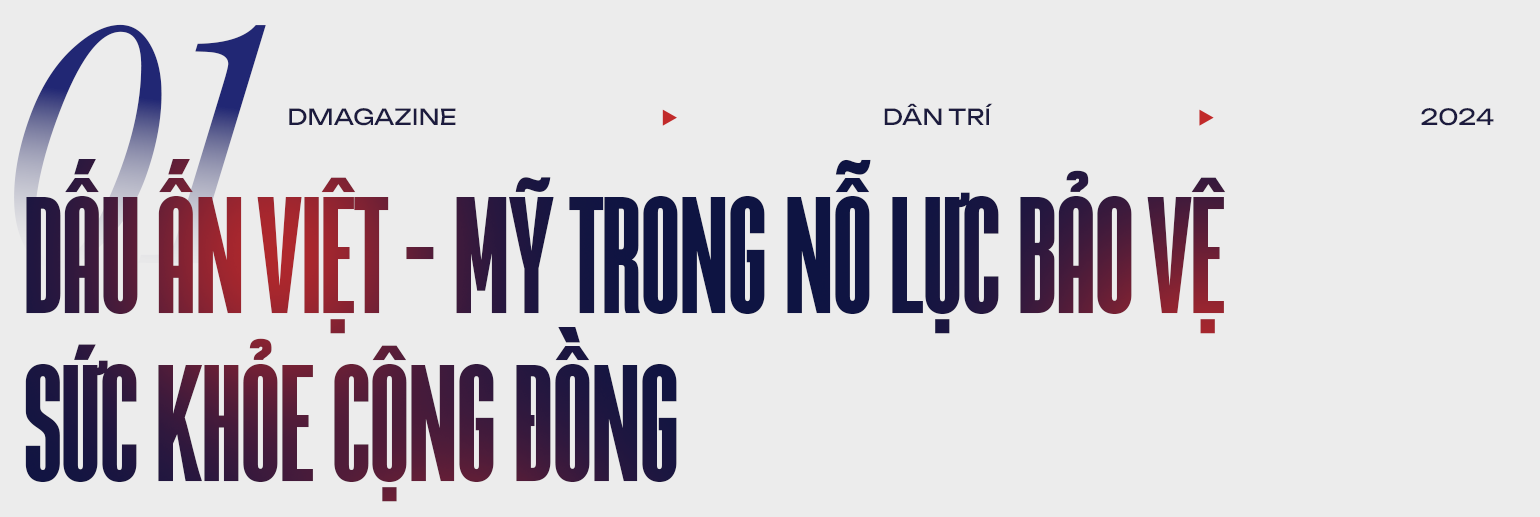
Hello Dr. Eric Dziuban, thank you for participating in this interview with Dan Tri. First, can you share about the role of the US CDC in Vietnam?
– The US CDC in Vietnam is comprised of a diverse team of professionals. We are not only physicians, but also public health experts, field experts, and data and financial experts.
The majority of our staff are Vietnamese and have extensive training in areas such as: Public Health, data analysis, financial management… This helps us gain a deep understanding of the local health context.
Currently, the US CDC is coordinating the implementation of many disease prevention programs in Vietnam, from HIV/AIDS, tuberculosis, flu, rabies...
The first program to mark our cooperation was the US CDC HIV/AIDS prevention program in Vietnam, which was implemented in 2000. Up to now, thanks to the tireless efforts of both sides, Vietnam has controlled the rate of new HIV infections, with the number of new infections decreasing significantly each year.
In addition, we are also working together to strengthen the capacity of Vietnam's health system, for example by supporting the upgrading of testing systems, strengthening public health and improving emergency response capabilities.
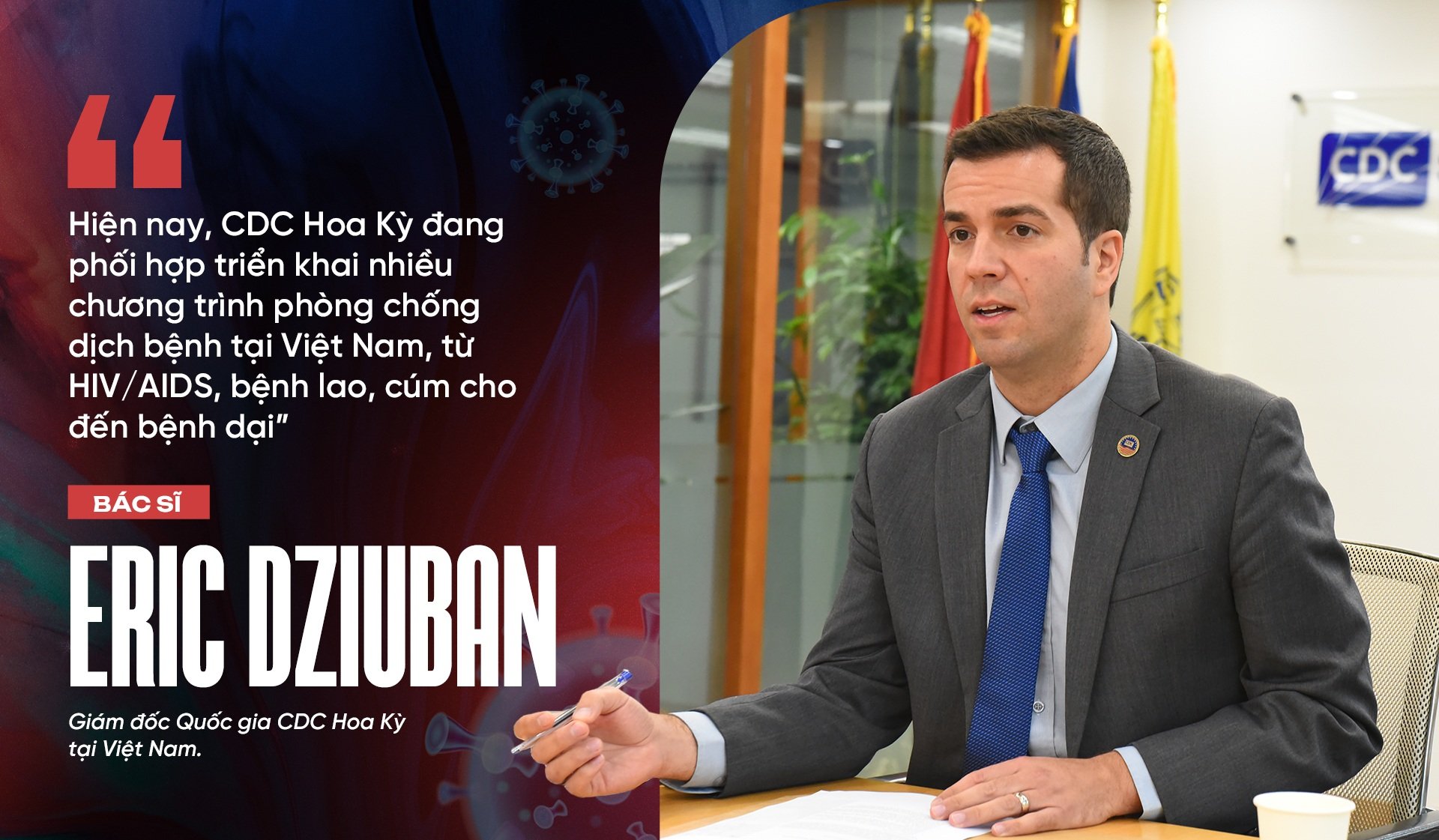
In September 2023, Vietnam and the United States upgraded their relationship to a Comprehensive Strategic Partnership for Peace , Cooperation and Sustainable Development. What does this mean for the two countries' cooperation in the health sector?
– The upgrade of the comprehensive strategic partnership between the two countries is an important milestone. It creates opportunities for both countries to promote cooperation in health in particular and other areas in general with a longer-term vision, especially in the context of increasingly complex global health security.
I would like to emphasize that, even before this upgrade, US CDC programs in Vietnam did not operate independently, but always had close cooperation with Vietnamese organizations, from the Ministry of Health , the Ministry of Agriculture and Rural Development, to research institutes, medical universities and major hospitals.
Among the specific goals that the two countries want to achieve, mentioned when upgrading relations, are many health-related goals.
This cooperation helps us effectively implement important initiatives and projects, while strengthening the capacity of the Vietnamese health system to protect public health.

Strategic partnerships certainly open up new opportunities to implement large projects with greater resources.
For example, one of our priorities is to increase genomic sequencing capacity in public institutions. During the Covid-19 period, the United States donated genomic sequencing equipment to Bach Mai Hospital, helping Vietnam proactively monitor and identify new variants of the SARS-CoV-2 virus.
The device can also be used to decode the genes of many different viruses, helping Vietnamese scientists better understand the agents of new infectious diseases. This is one of the important steps for Vietnam to improve its medical capacity and become self-reliant in disease control.
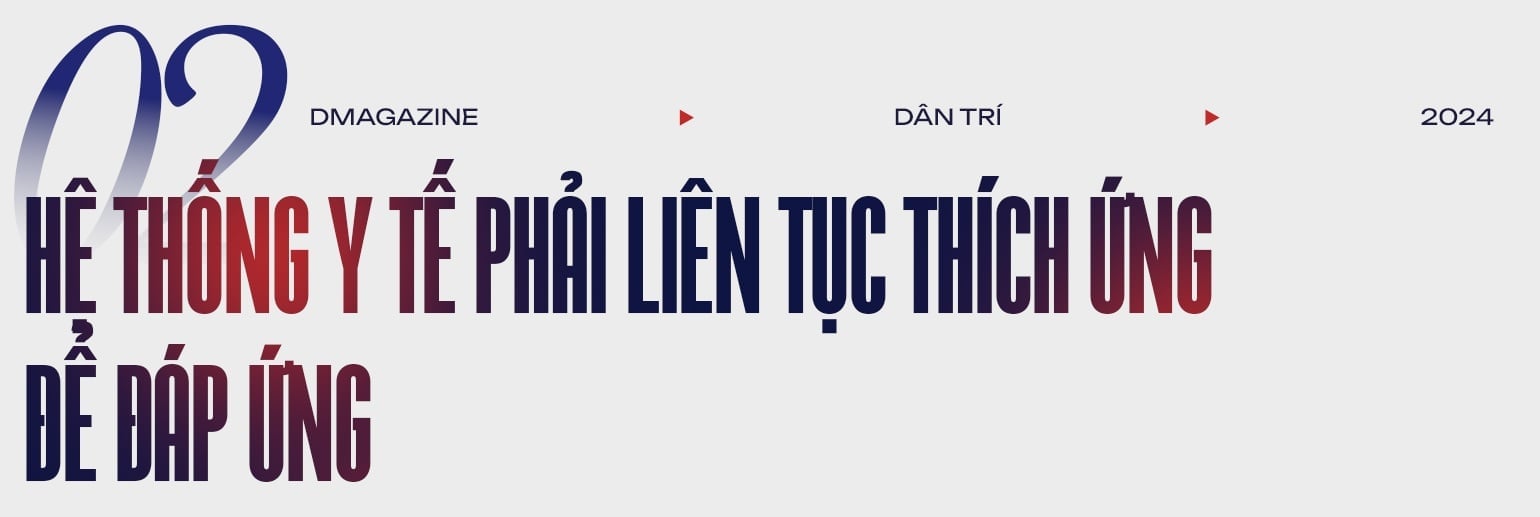
What do you think are the biggest immediate threats to public health in Vietnam?
– I think there is no specific answer to this question. The world around us is changing very quickly, including diseases and threats. Therefore, what we need to do is to prepare a health system that is always ready to respond to such rapid changes from the outside.
Covid-19 is a prime example. The world knew nothing about this disease when it first appeared. Then it spread globally. This disease reminds us once again to be prepared for unknown dangers.
One of Vietnam's most visible efforts to strengthen its medical response capacity is its plan to establish a Central Center for Disease Control (CDC), under the Ministry of Health.
One of the core missions of the Central CDC is to ensure preparedness to respond to and mitigate damage from public health risks to such threats.
We are pleased to support the establishment of the Central CDC in Vietnam. In addition, all our previous support in developing public health human resources, improving testing capacity, etc. will become part of the Central CDC (after establishment), better supporting the national health response.
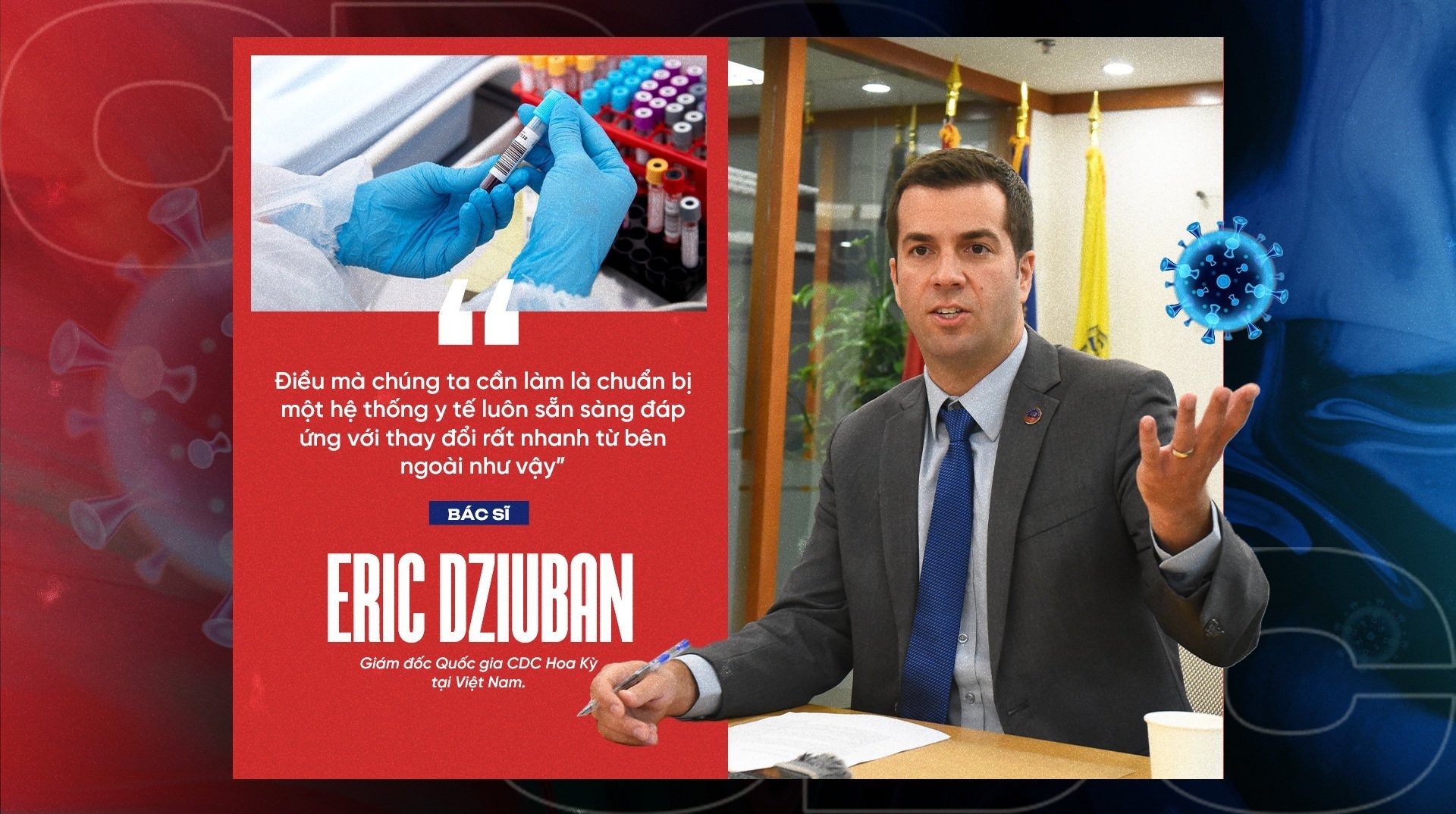
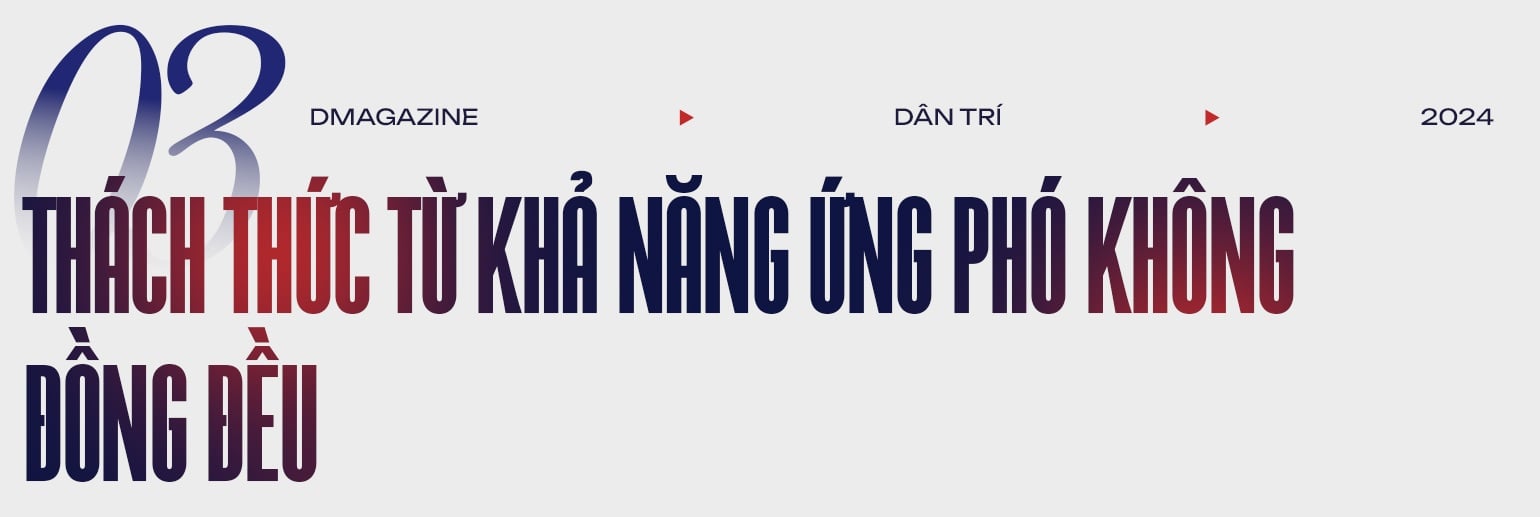
How do you evaluate the response capacity of Vietnam's public health system when the epidemic breaks out?
– I am very impressed with the rapid response of Vietnam's public health system.
In the first eight months of Covid-19, Vietnam has been remarkably swift in controlling the outbreak. From tracing and quarantining to the vaccination rollout, Vietnam has acted quickly, even with limited resources.
I was also amazed at how quickly non-COVID-19 related resources were mobilized to support the COVID-19 response in Vietnam. For example, tuberculosis hospitals were immediately converted into COVID-19 treatment facilities.
We have also seen great efforts from local health workers to ensure that patients do not experience any disruption in other aspects of their health care. Many health workers have travelled long distances to where HIV patients are quarantined due to Covid-19 to administer medication, helping to ensure continuity of care.
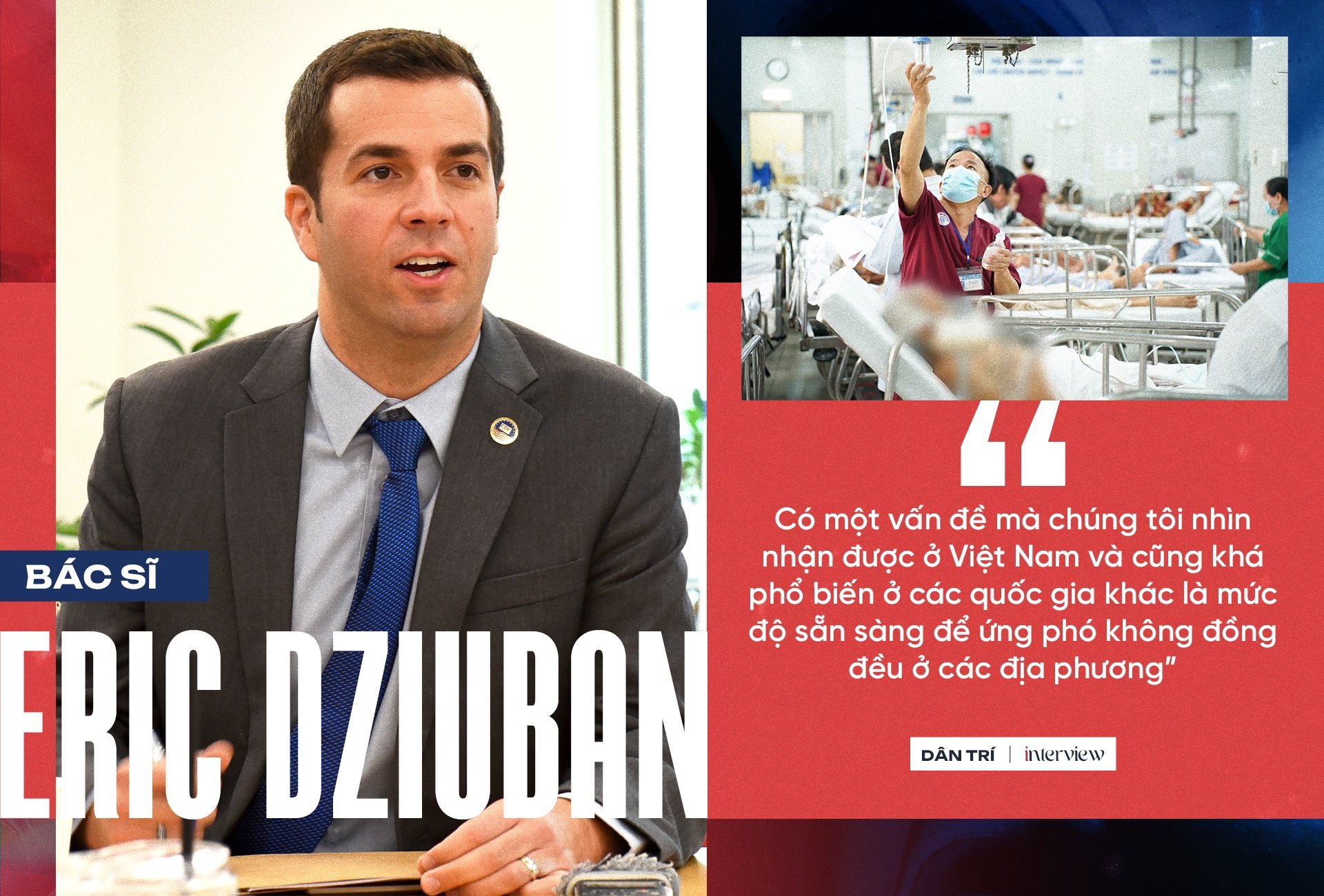
However, there is a problem that we see in Vietnam and is quite common in other countries: the level of preparedness to respond is uneven across localities.
For example, large cities and provinces such as Hanoi and Ho Chi Minh City have more advanced health systems and are better prepared to respond when an epidemic occurs. However, remote provinces face difficulties in mobilizing and allocating resources.
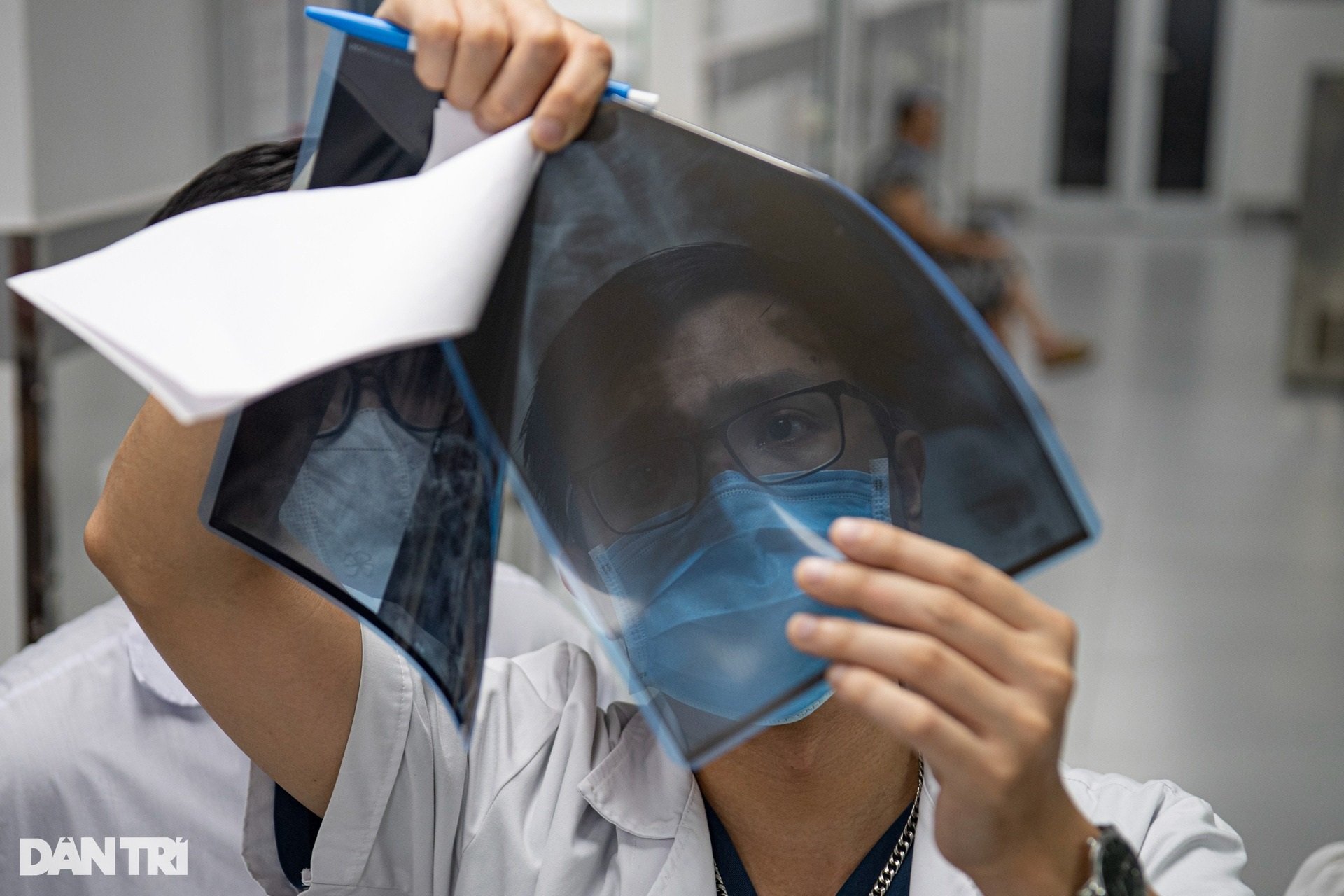
So we can learn that having strong local resources is very important, but equally important is that the Government needs to have solutions to support places that do not have enough resources.
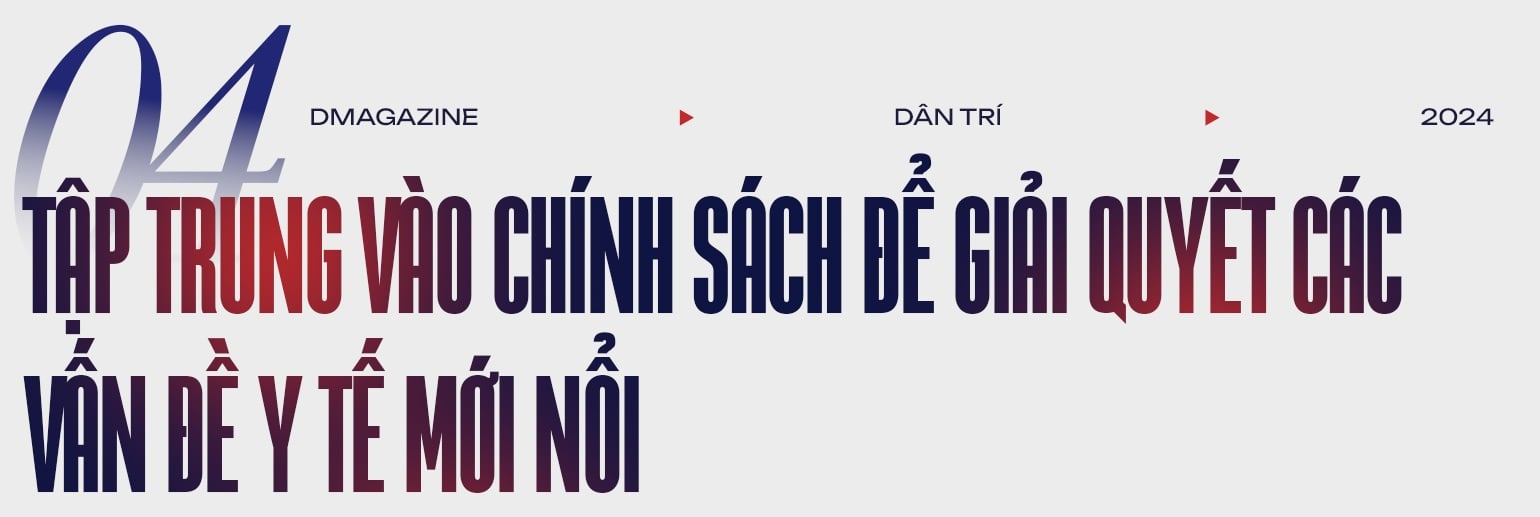
Vietnam is witnessing a very rapid economic growth. Along with the benefits in improving people's lives, there are emerging challenges in health.
The rate of people suffering from diseases that are considered “rich people’s diseases” such as obesity, diabetes, and high blood pressure has increased dramatically in recent years. Can you share the experiences of countries with similar characteristics in dealing with this problem?
– Many countries today have rapid economic growth and many health benefits such as reducing malnutrition rates or reducing child mortality rates due to pneumonia.
However, as the economy has grown rapidly, we have seen many countries facing emerging health problems such as: Increased traffic accident rates due to increased vehicle numbers. Increased smoking rates and tobacco-related problems due to people having more money and being able to buy cigarettes more easily. More pollution-related diseases due to industrial development; obesity, diabetes and lifestyle-related diseases are also concerns…
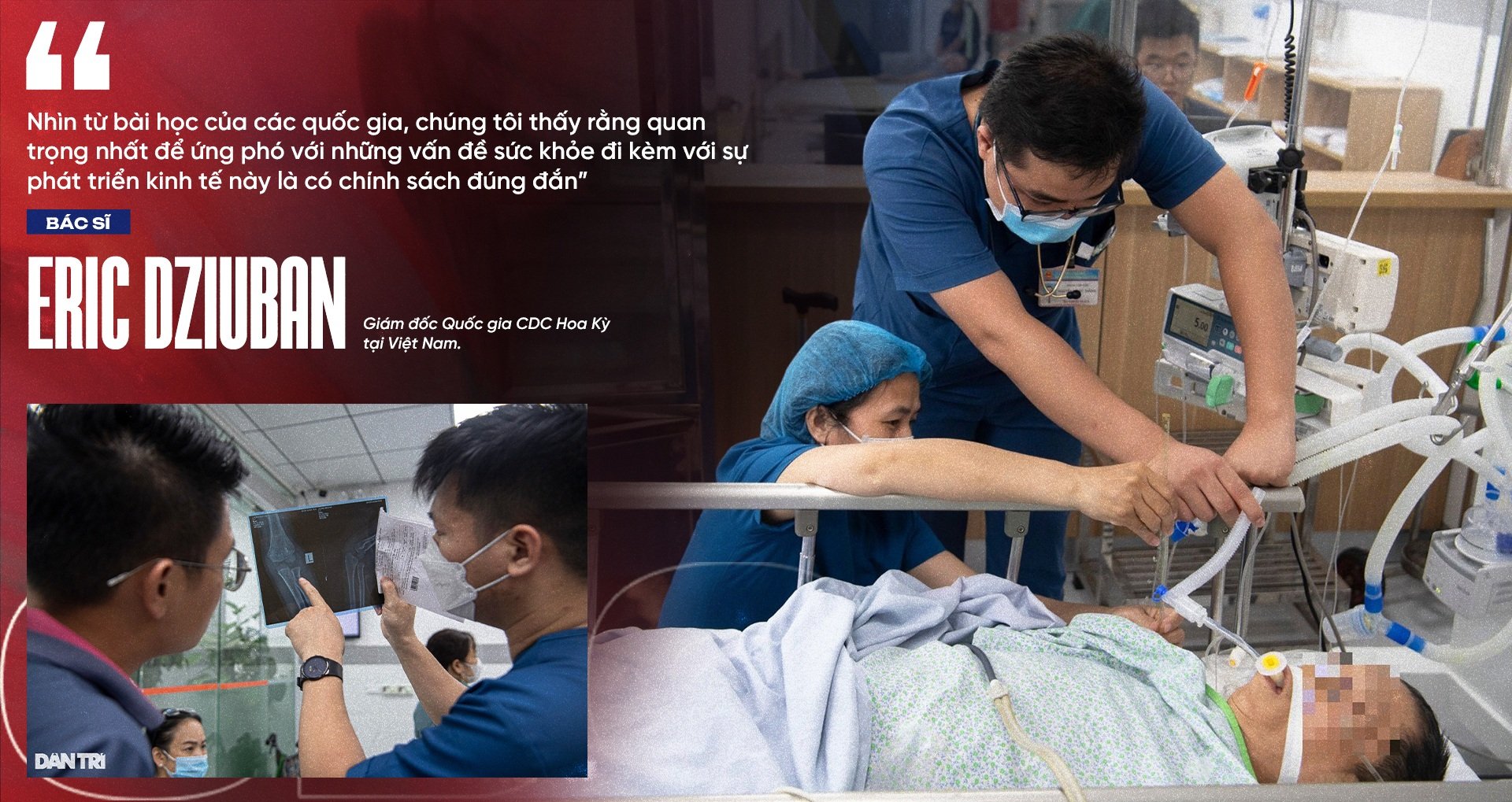
Looking at the lessons of other countries, we see that the most important thing to deal with the health problems that come with this economic development is to have the right policies.
Many countries have experiences worth learning from, especially in policies to prevent chronic diseases.
Countries have adopted policies that have helped control these diseases effectively, such as increasing awareness of healthy diets and reducing consumption of high-calorie foods.
We also see the economic value of countries with effective policies. Every dollar invested in the right policies on road safety, tobacco, etc. can save a lot in health care costs.
Thank you!
Content: Minh Nhat
Photo: Minh Nhat, Manh Quan
Design: Thuy Tien
Source: https://dantri.com.vn/suc-khoe/thach-thuc-moi-noi-cua-y-te-viet-nam-va-loi-giai-tu-covid-19-20241105061952073.htm



![[Photo] Award Ceremony of the Political Contest on Protecting the Party's Ideological Foundation](https://vphoto.vietnam.vn/thumb/1200x675/vietnam/resource/IMAGE/2025/10/22/1761151665557_giaia-jpg.webp)
![[Photo] Da Nang: Shock forces protect people's lives and property from natural disasters](https://vphoto.vietnam.vn/thumb/1200x675/vietnam/resource/IMAGE/2025/10/22/1761145662726_ndo_tr_z7144555003331-7912dd3d47479764c3df11043a705f22-3095-jpg.webp)
![[Photo] Prime Minister Pham Minh Chinh chairs meeting on nuclear power plant construction](https://vphoto.vietnam.vn/thumb/1200x675/vietnam/resource/IMAGE/2025/10/22/1761137852450_dsc-9299-jpg.webp)








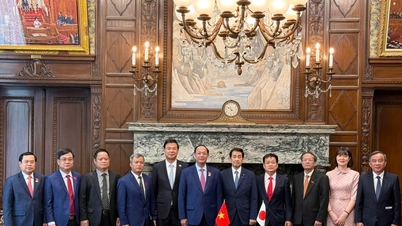

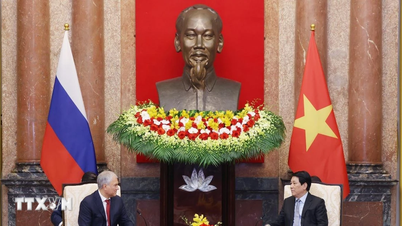





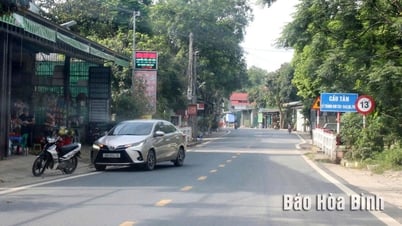

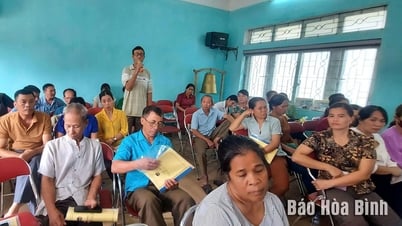







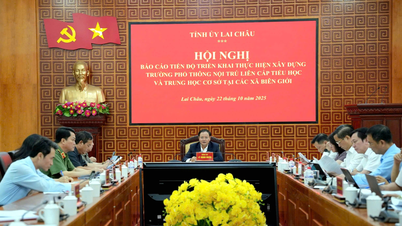
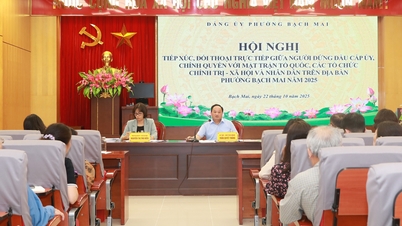
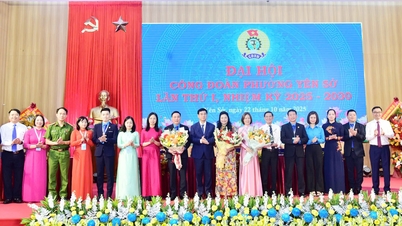
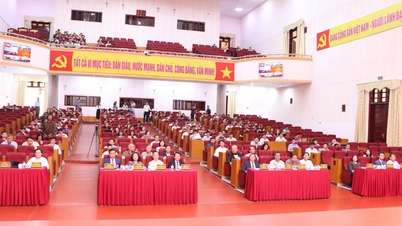



































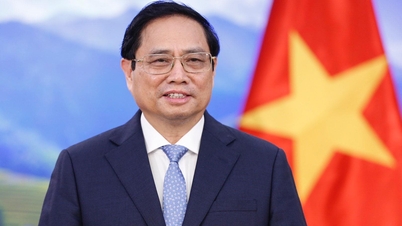

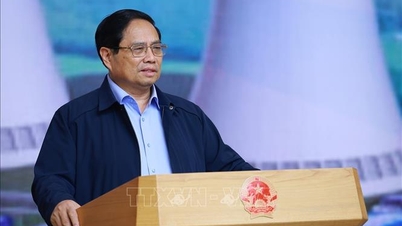




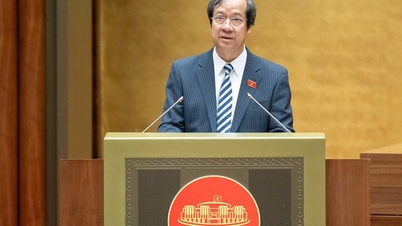


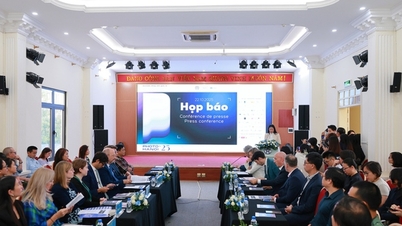

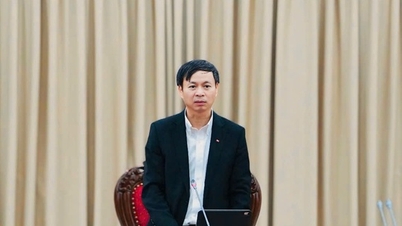




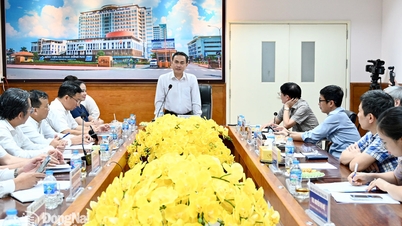




















Comment (0)